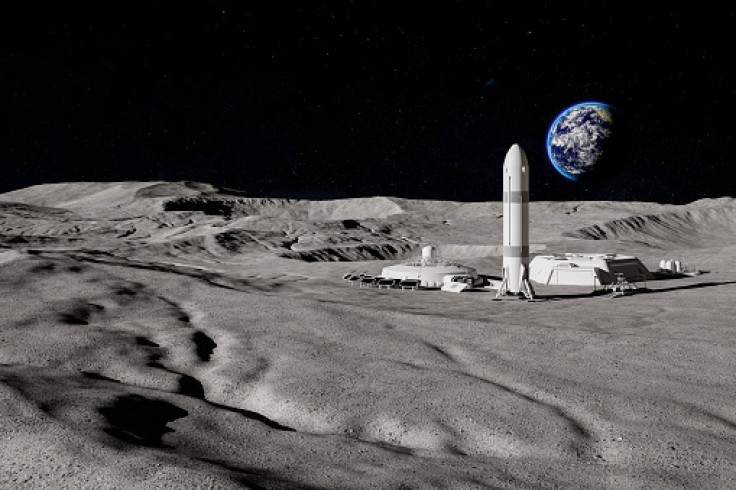Space agencies, both government-backed and private, have been working hard to create a space transportation system that can bring people to the moon more easily. Soon enough, we would reach the point where we could colonize the moon, but what would happen then?

Tourism and Industry in Space
One of the things that will quickly be developed would be the commercialization of space flights. People, or at least those who have money to burn, would want to see for themselves what it would be like on the moon.
There would likely be hubs specialized for housing humans so they wouldn't need to wear space suits that will allow them to breathe. It will be unlike any other tourist destination, especially since you'll be able to say that you saw space from outside the planet.
Companies would no longer be limited to creating products and transportation services for Earth. People will have choices when it comes to transportation, just like they can with ride-hailing apps like Uber or Lyft.
Innovative minds and groups will start brainstorming on how to make the moon experience better, such as creating boots that would ground a person in a low-gravity environment, or something as simple as containers to take moon soil samples home.
The moon is basically an untapped terrain for potential resources. We don't have the appropriate technology yet to make mining on the moon feasible, but several companies are already hard at work to make that happen.
There are even talks of mining Helium-3, which is an extremely rare resource on Earth. This also falls under industry, as any company that manages to do so first would dominate the market for it, resulting in billions and billions of profit.
A company called Interlune, founded by Apollo 17 Astronaut Harrison H. Schmitt, Blue Origin President Rob Meyerson, and Chief Architect Gary Lai has already secured millions in funding to develop a way to extract the resource.
A Shift in Society and Research
The shift in this scenario can be both bad and good. The land on the moon is unclaimed, which means that countries who intend to build colonies on the huge rock in space would have to talk to each other to avoid issues about ownership and governance.
It could also be a good thing, as it would encourage collaborations for the sake of technological innovation. This alone could urge countries to set conflicts aside. As for everyday people, finally reaching the moon could become a gold standard.
With humans on the moon, research facilities can be built to make it easier to study the moon and everything else that can be found on it. It would be easier to explore once agencies build bases that researchers can go back to instead of traveling all the way to Earth.
Of course, research must also be conducted regarding a person's survival on the moon. It will be harsher than the environment on Earth due to extreme temperatures and elevated radiation levels. Addressing these will be essential if humans plan for prolonged stays.








